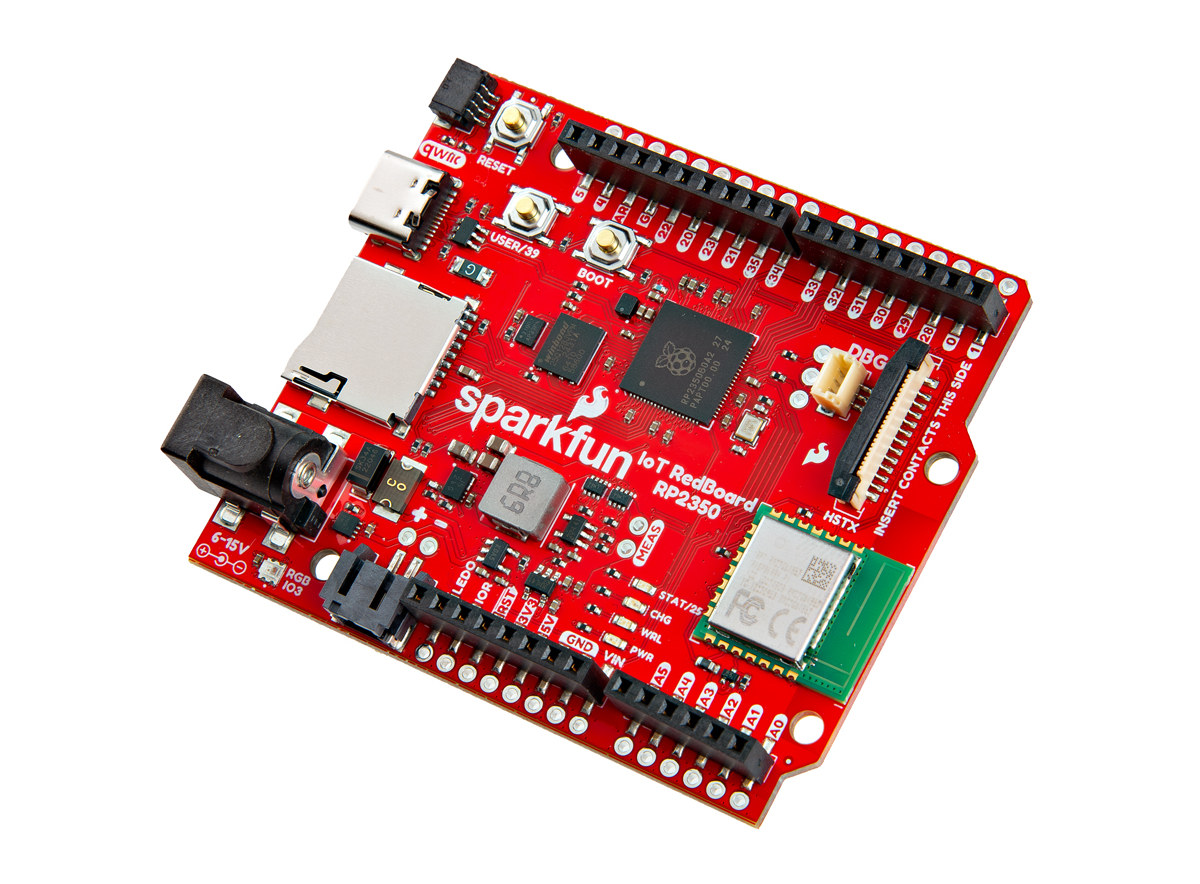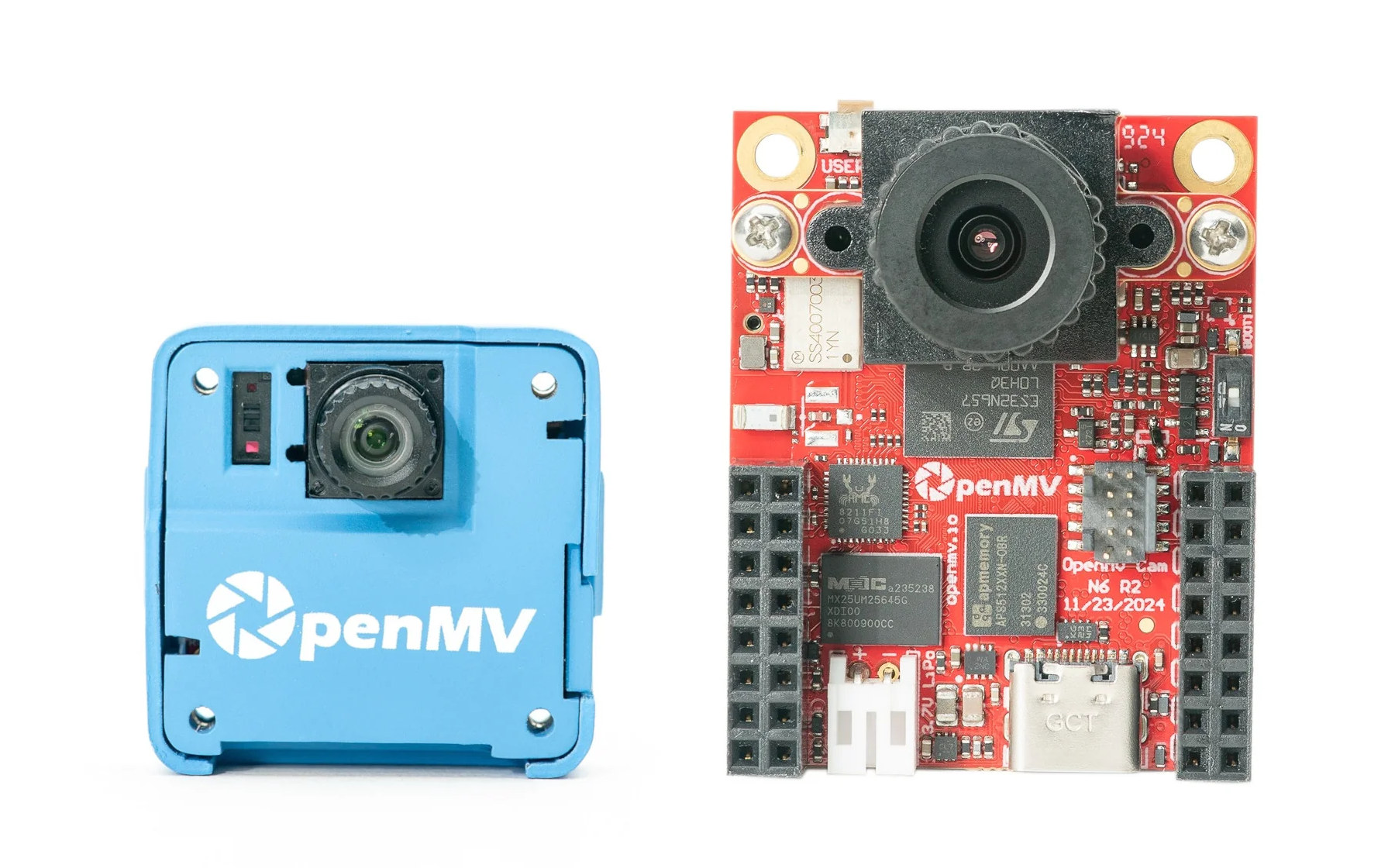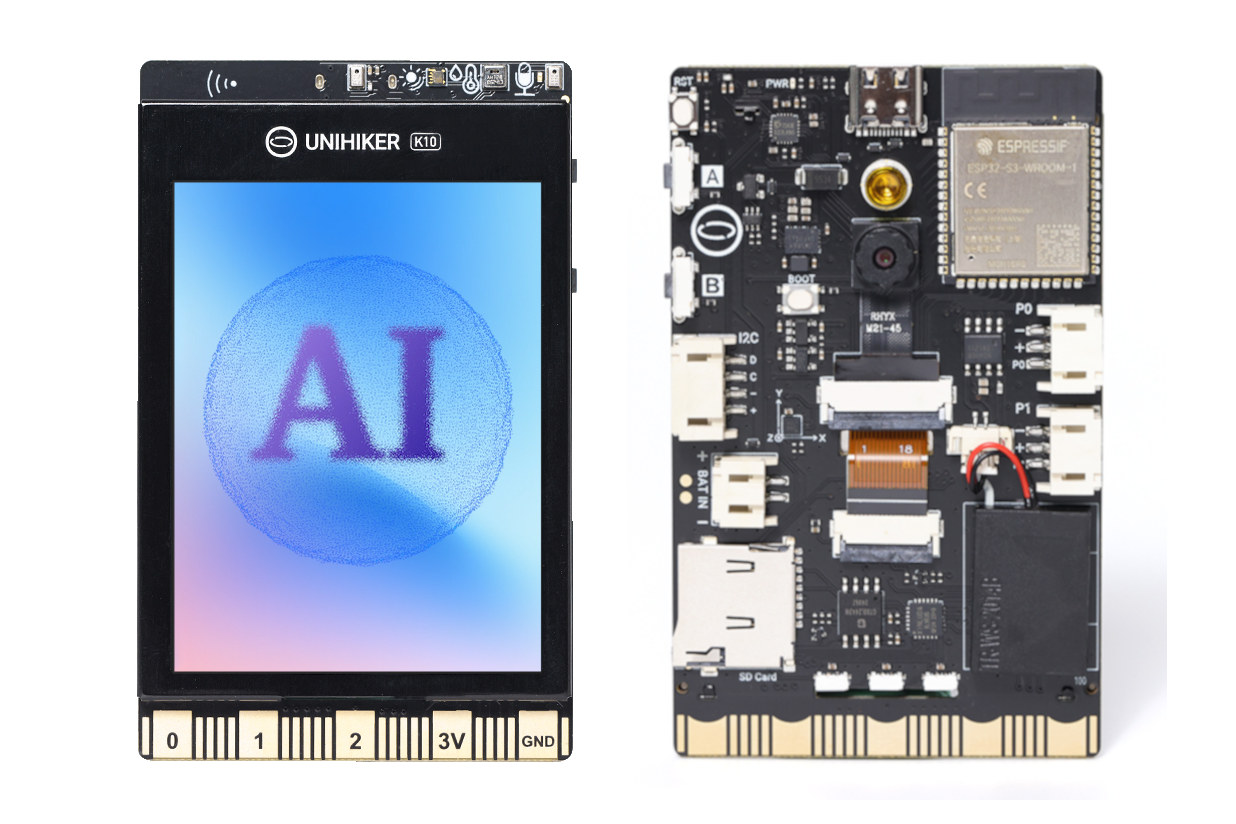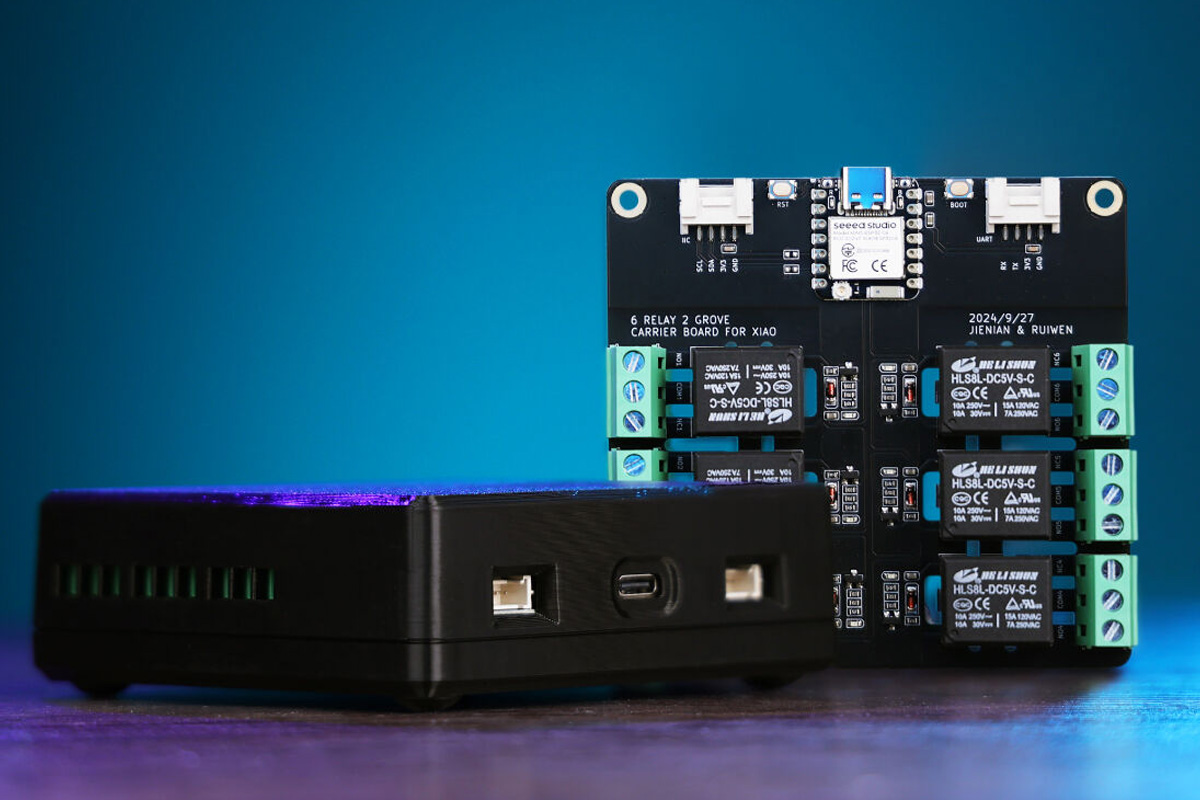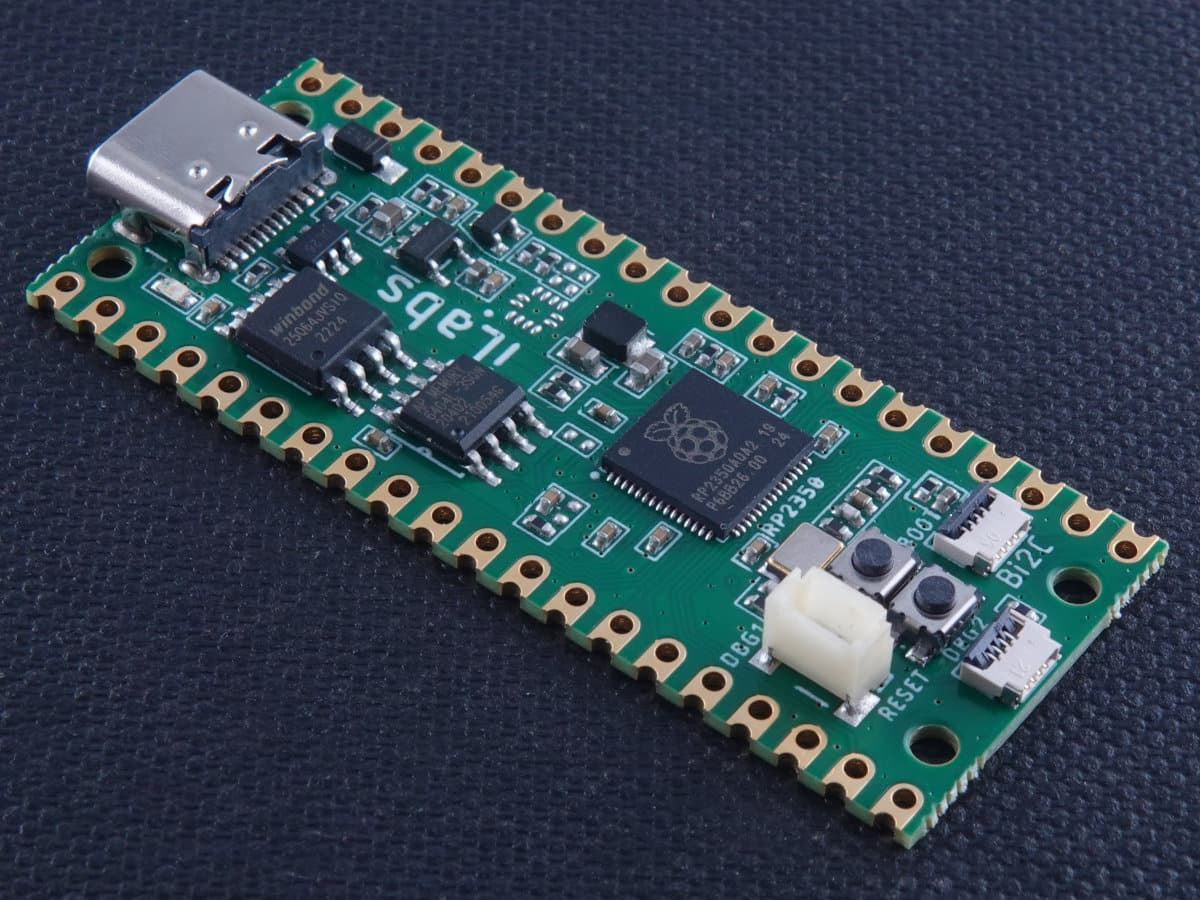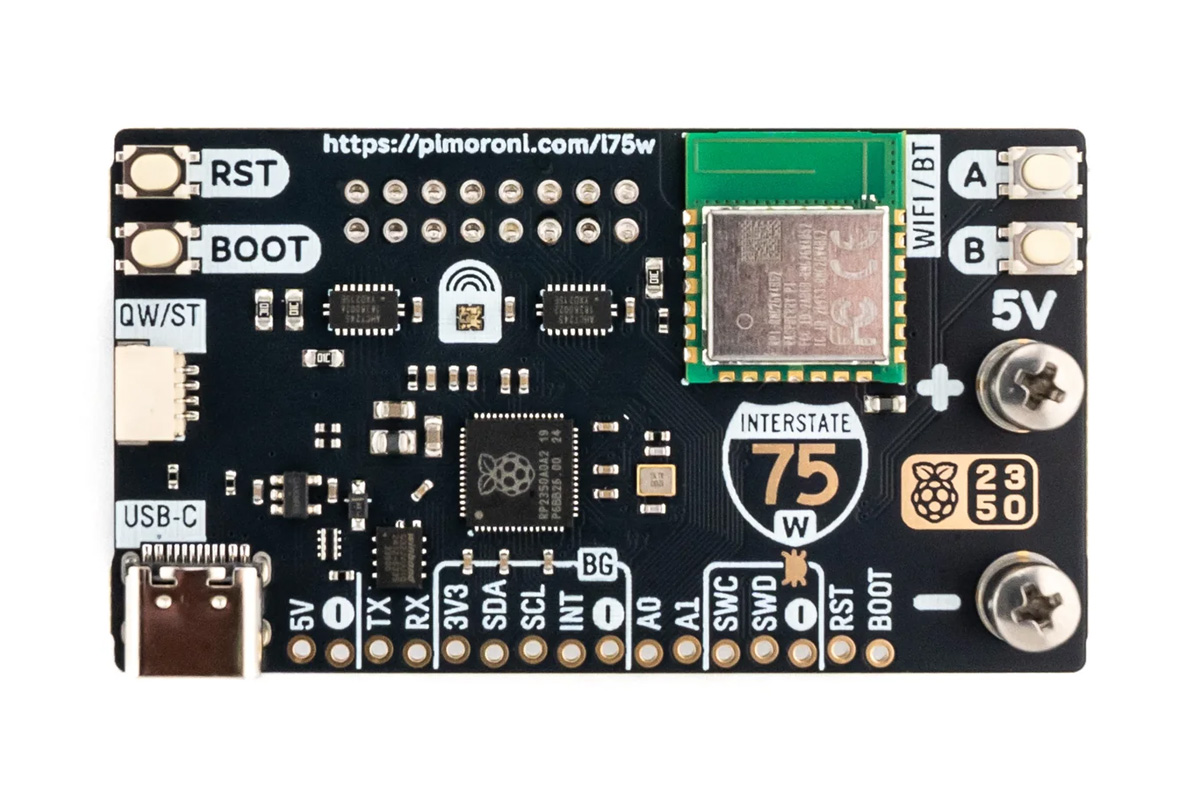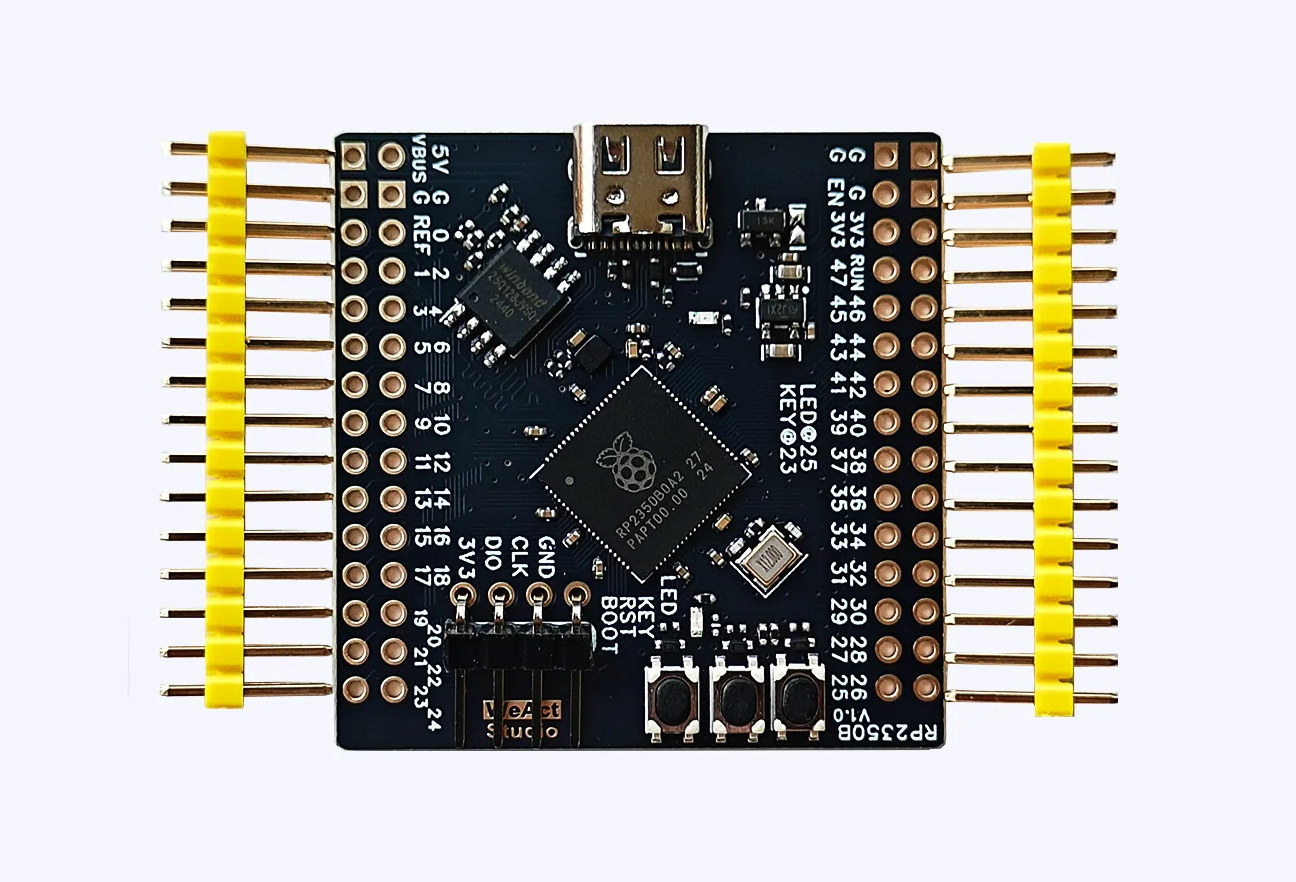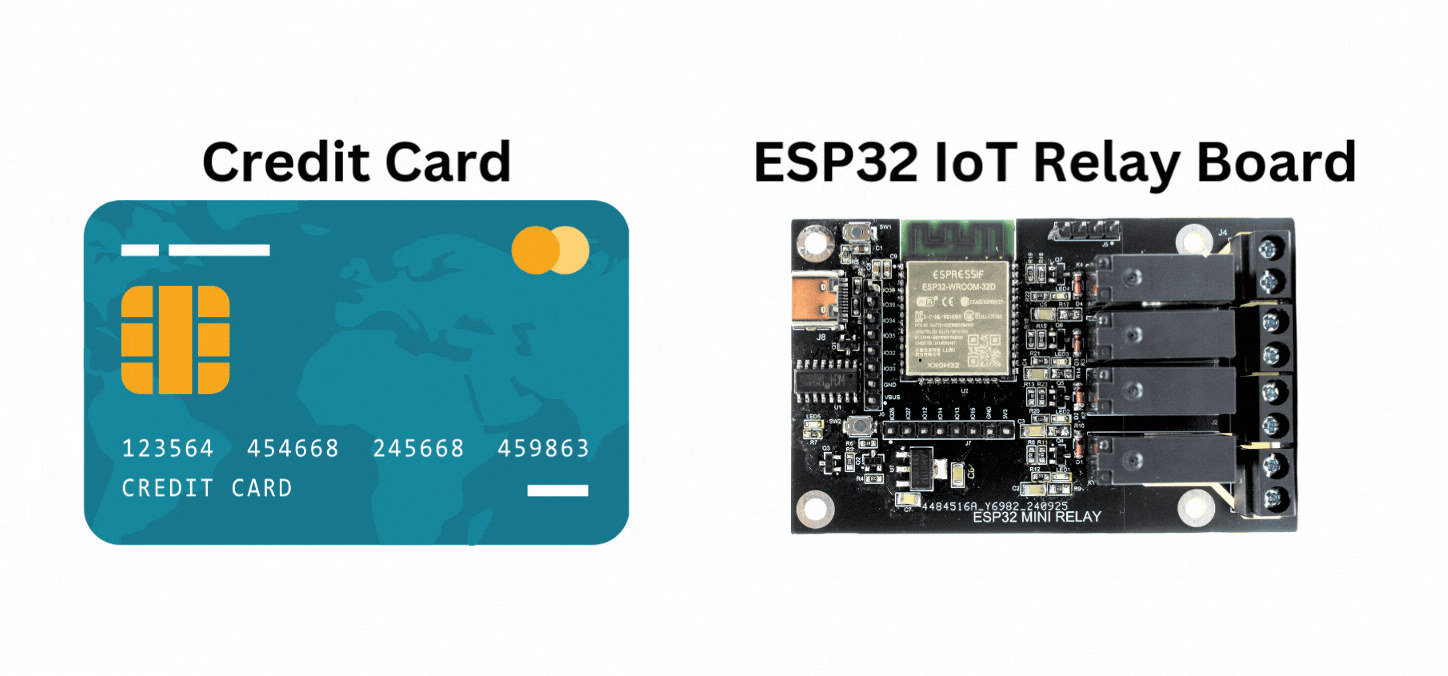SparkFun has just launched the “IoT RedBoard – RP2350” and “IoT RedBoard – ESP32” boards with Arduino UNO R4 form factor based on respectively Raspberry Pi RP2350B + RM2 wireless module and ESP32-WROOM-32E WiFi and Bluetooth module. Both boards feature Arduino UNO headers and a Qwiic connector for expansion, a microSD card for storage, battery support, USB and DC jack power input, plus a few buttons and LEDs. The RP2350 board also adds an HSTX connector mainly useful for controlling HDMI or SPI displays. Sparkfun IoT RedBoard specifications: MCU sub-system and wireless RP2350 model MCU – Raspberry Pi RP2350B CPU Dual-core Arm Cortex-M33 @ 150 MHz with Arm Trust zone, Secure boot Dual-core RISC-V Hazard3 @ 150 MHz Up to two cores can be used at any given time Memory – 520 KB on-chip SRAM Memory – 8MB PSRAM Storage – 16MB Flash Wireless module – Raspberry Pi RM2 2.4 […]
MicroPython-programmable OpenMV N6 and AE3 AI camera boards run on battery for years (Crowdfunding)
OpenMV has launched two new edge AI camera boards programmable with MicroPython: the OpenMV AE3 powered by an Alif Ensemble E3 dual Cortex-M55, dual Ethos-U55 micro NPU SoC, and the larger OpenMV N6 board based on an STMicro STM32N6 Cortex-M55 microcontroller with a 1 GHz Neural-ART AI/ML accelerator. Both can run machine vision workloads for several years on a single battery charge. The OpenMV team has made several MCU-based camera boards and corresponding OpenMV firmware for computer vision, and we first noticed the company when they launched the STM32F427-based OpenMV Cam back in 2015. A lot of progress has been made over the years in terms of hardware, firmware, and software, but the inclusion of AI accelerators inside microcontrollers provides a leap in performance, and the new OpenMV N6 and AE3 are more than 100x faster than previous OpenMV Cams for AI workloads. For example, users can now run object […]
UNIHIKER K10 low-cost TinyML education platform supports image detection and voice recognition
UNIHIKER K10 is a low-cost STEM education platform for TinyML applications that leverages the ESP32-S3 wireless microcontroller with vector extensions for workloads such as image detection or voice recognition. The UNIHIKER K10 also features a built-in 2.8-inch color display, a camera, a speaker, a 2-microphone array, a few sensors, a microSD card, and a BBC Micro:bit-like edge connector for power signals and GPIOs. It’s a cost-optimized version of its Linux-based big brother – the UNIHIKER M10 – first unveiled in 2022. Arnon also reviewed the UNIHIKER in 2023, showing how to configure it, use the SIoT platform with MQTT message, and program it with Jupyter Notebook, Python, or Visual Studio Code. Let’s have a closer look at the new ESP32-S3 variant. UNIHIKER K10 specifications: Core module – ESP32-S3-WROOM-1 MCU – ESP32-S3N16R8 dual-core Tensilica LX7 up to 240 MHz with 512KB SRAM, 8MB PSRAM, 16MB flash Wireless – WiFi 4 and […]
ESP32-C6-based Wi-Fi relay board features six 10A relays, supports Home Assistant, 3D printed enclosure
Seeed Studio’s XIAO 6-Channel Wi-Fi 5V DC Relay is a compact ESP32-C6 Wi-Fi relay board built around the XIAO ESP32C6 module which supports Wi-Fi 6, BLE 5.0, Zigbee, and Thread connectivity. Designed for remote control and automation, the device comes with pre-installed ESPHome firmware and features six independent relay channels, each supporting 10A at 30V DC or 250V AC, making it ideal for simultaneously controlling multiple DC or AC devices. The board also has two grove ports for sensors and actuators, making it suitable for home automation, industrial control, energy management, smart agriculture, and other applications. XIAO 6-Channel Wi-Fi 5V DC Relay Board Specifications Main module – XIAO ESP32C6 SoC – ESP32-C6 CPU Single-core 32-bit RISC-V clocked up to 160 MHz Low-power RISC-V core @ up to 20 MHz Memory – 512KB SRAM, 16KB low power SRAM Storage – 320KB ROM, and 4MB flash Wireless – 2.4 GHz WiFi 6, Bluetooth […]
CPico RP2350 is another Raspberry Pi Pico 2 alternative with USB-C, 8MB flash, 2MB PSRAM, BConnect I2C & debug ports
iLabs CPico RP2350 is a Raspberry Pi Pico 2 alternative with the same form factor, still based on the Raspberry Pi RP2350 microcontroller but equipped with a USB-C port, 8MB flash, 2MB PSRAM, a Reset button, and Bconnect I2C and debug ports. Apart from that, the CPico RP2350 retains the other features of the Raspberry Pi Pico 2 including the two 20-pin PGIO headers, and BOOT button. It joins other Raspberry Pi Pico 2 alternatives like the Waveshare RP2350-Plus adding battery support. CPico RP2350 specifications: SoC – Raspberry Pi RP2350 CPU Dual-core Arm Cortex-M33 @ 150 MHz with Arm Trustzone, Secure boot Dual-core RISC-V Hazard3 @ 150 MHz Up two cores can be used at any given time Memory – 520 KB on-chip SRAM Security 8KB of anti-fuse OTP for key storage Secure boot (Arm only) SHA-256 acceleration Hardware TRNG Fast glitch detectors Package – QFN-60 Memory – 2 MP […]
Pimoroni Interstate 75 W (RP2350) board is designed for HUB75 LED matrix panels
Pimoroni Interstate 75 W (RP2350) is an all-in-one RGB LED matrix driver board designed for HUB75 LED matrix panels commonly used in video walls, advertising displays, and creative signage. Built around a Raspberry Pi RP2350 chip this board also uses the Raspberry Pi’s CYW43439 module for Wi-Fi and Bluetooth and features user buttons, an RGB LED, and a Qw/ST connector for integration with Qwiic/STEMMA QT breakouts. The kit is compatible with various LED matrix sizes (32×32, 64×64, etc.) and comes in a starter kit with panels, cables, and magnetic feet for quick setup. All these features make this kit useful for applications including real-time data like bus times, air quality, or sensor outputs, dynamic signage, scrolling text, and more. Pimoroni Interstate 75 W (RP2350) specifications: SoC – Raspberry Pi RP2350A CPU Dual-core Arm Cortex-M33 @ 150 MHz with Arm Trust zone, Secure boot OR Dual-core RISC-V Hazard3 @ 150 MHz Up […]
Tiny WeAct RP2350B Core Board exposes all 48 I/Os from the Raspberry Pi RP2350B microcontroller
WeAct RP2350B Core Board is a small (41.4×41.1mm) USB-C board exposing all 48 I/Os from the Raspberry Pi RP2350B Cortex-M33/RISC-V microcontroller through two 30-pin headers. It offers an alternative to the smaller Solder Party’s RP2350 Stamp XL (44.5 x 25.4 mm) with through and castellated holes and no USB-C port that’s better suited for soldering on a baseboard and to Olimex PICO2-XL and PICO2-XXL open-source hardware boards (50 x 28 mm). WeAct RP2350B Core Board specifications: Microcontroller – Raspberry Pi RP2350B MCU CPU – Dual-core Arm Cortex-M33 processor @ 150MHz Memory – 520KB internal RAM 8KB OTP Storage Package – QFN-80; 10×10 mm Storage 16MB QSPI flash Footprint for a second QSPI FLASH/PSRAM on the bottom side I/Os – All 48x GPIOs broken out via 2x 30-pin headers 2x UART, 2x SPI, 2x I2C 24x PWM 8x ADC 12x PIO state machines HSTX peripheral 5V, 3.3V, VREF, and GND Debugging […]
Credit card-sized quad relay board runs Tasmota firmware on ESP32 module (Crowdfunding)
The “ESP32 IoT Relay Board” is a credit card-sized ESP32 board with four small 250VAC/30VDC 7A relays that runs Tasmota open-source firmware and supports Alexa & Google Assistant for voice control. There are so many ESP32-based relay boards on the market that I don’t usually feel the need to cover new ones, but Igor Mileshin’s ESP32 IoT Relay Board is smaller than most so I thought it might be interesting to some. The smallest quad-channel relay board I’ve seen so far is the one by Seeed Studio using an STM32 MCU and solid-state relays that measures just 60 x 40mm, but the relays only support up to 2A. ESP32 IoT Relay Board specifications: Wireless module – ESP32-WROOM-32D SoC – Espressif ESP32-D0WD dual-core Tensilica LX6 processor @ 240 MHz Storage – 32Mbit SPI flash Connectivity – Wi-Fi 802.11 b/g/n up to 150 Mbps, Bluetooth 4.2/5.x LE Relays 4x “industrial-grade” relays supporting […]


